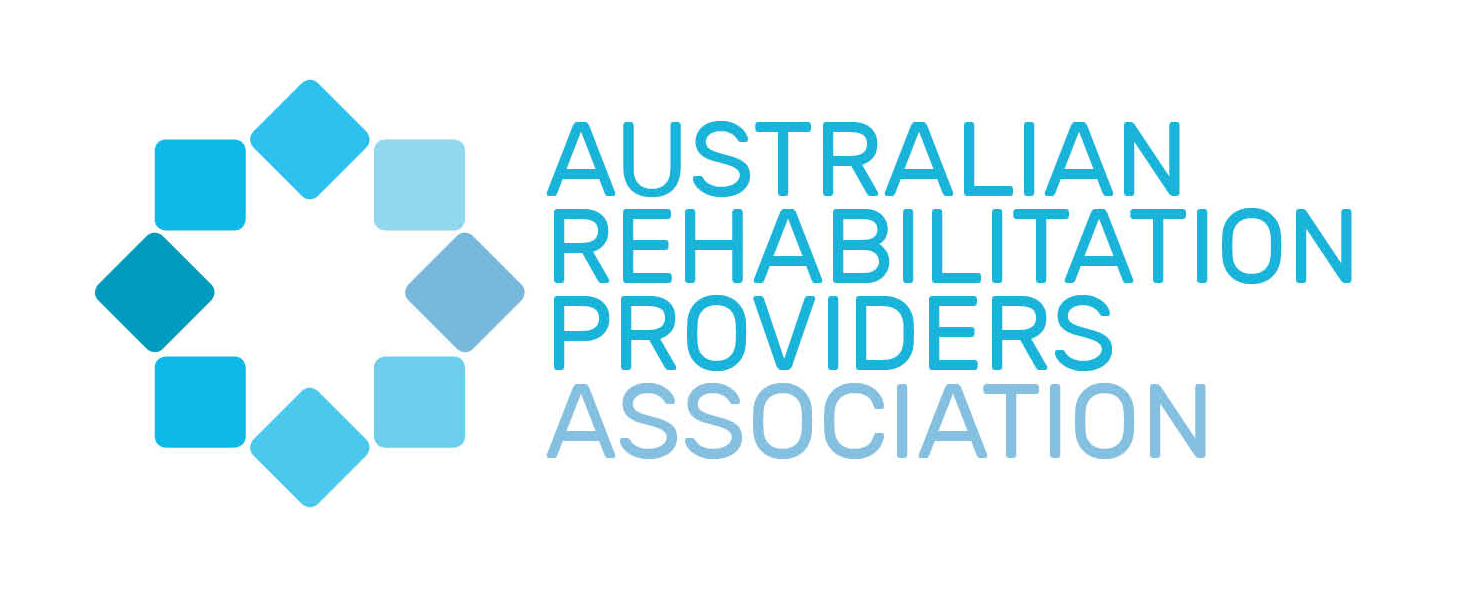Work Wellness Institute Membership!
Advance your Career & Improve your Workplace
- 350+ Lectures on Demand
- 18 self-paced e-Courses
- Accreditation opportunities
- Certifications for Members Only;
- Leadership Certification
- Inclusivity Recruitment & Retention Certification
- Work Wellness Ambassador Certification
Learn More about our Membership Program

Course Description
This webinar will present a range of international research evidence on the strategies that individuals are using to stay productively employed. The determinants of pain among employees, and the current evidence on the impacts of pain on work ability will be presented. The types of resources that employees are seeking to assist them in maintaining employment despite their persistent pain will also be discussed.
You will learn
- Who has pain at work and how prevalent recurrent pain is among employees?
- What are the key modifiable work- and health-related determinants of pain among employees?
- What is the significance of pain to and individuals' work ability? Who can continue working with pain?
- What type of resources are individuals with persistent pain searching to assist them to stay at work?
Take-home message:
Persistent pain is a significant issue and as the population ages ageing so is the need to provide workplaces that facilitate longer working lives. Workplace accommodations are an important part of enabling individuals to remain at work.
Jodi Oakman, PhD
Associate Professor, Centre for Ergonomics and Human Factors & Head of Department of Public Health, La Trobe University, Australia
Jodi Oakman is an Associate Professor at the Centre for Ergonomics and Human Factors, La Trobe University. She is the Head of Department for Public Health. Her background is a mix of industry and academia. Jodi has worked extensively in industry across a range of sectors including health, manufacturing and logistics. Her PhD focussed on the ageing workforce and the impact of organisations on their employees’ retirement intentions. Her research is currently focused on the impact of the psychosocial work environment on musculoskeletal disorders (MSDs) and strategies to improve risk management in workplaces. She has several higher degree students researching in this area.
Tea Lallukka, PhD
Adjunct professor, Academy Research Fellows & Senior Researcher at the Finnish Institute of Occupational Health and University of Helsinki
Dr. Tea Lallukka, Adjunct professor, Academy Research Fellows is a senior researcher at the Finnish Institute of Occupational Health and University of Helsinki, Finland. She is also an affiliate of the University of Sydney, Australia, and is an associate at the Karolinska Institute, Sweden. She has over 200 scientific publications, of which 150 are peer-reviewed international articles. More than 100 studies have been done among employed populations, addressing e.g. inequalities in health, working conditions as well as trends in sickness absence and transition into disability retirement. She is currently working on a project focussed on pain, mental health and work participation.
Promotion Partner:
Partially funded by:

This program is pre-approved by VRA Canada for a 1 hour training session
Work Wellness Institute
Course curriculum
-
1
Working with Persistent Pain - An Exploration of Strategies Used to Stay Productive at Work
-
Pre-Survey
-
Working with Persistent Pain - An Exploration of Strategies Used to Stay Productive at Work
-
Working with Persistent Pain - An Exploration of Strategies Used to Stay Productive at Work
-
Evaluation Survey
-



